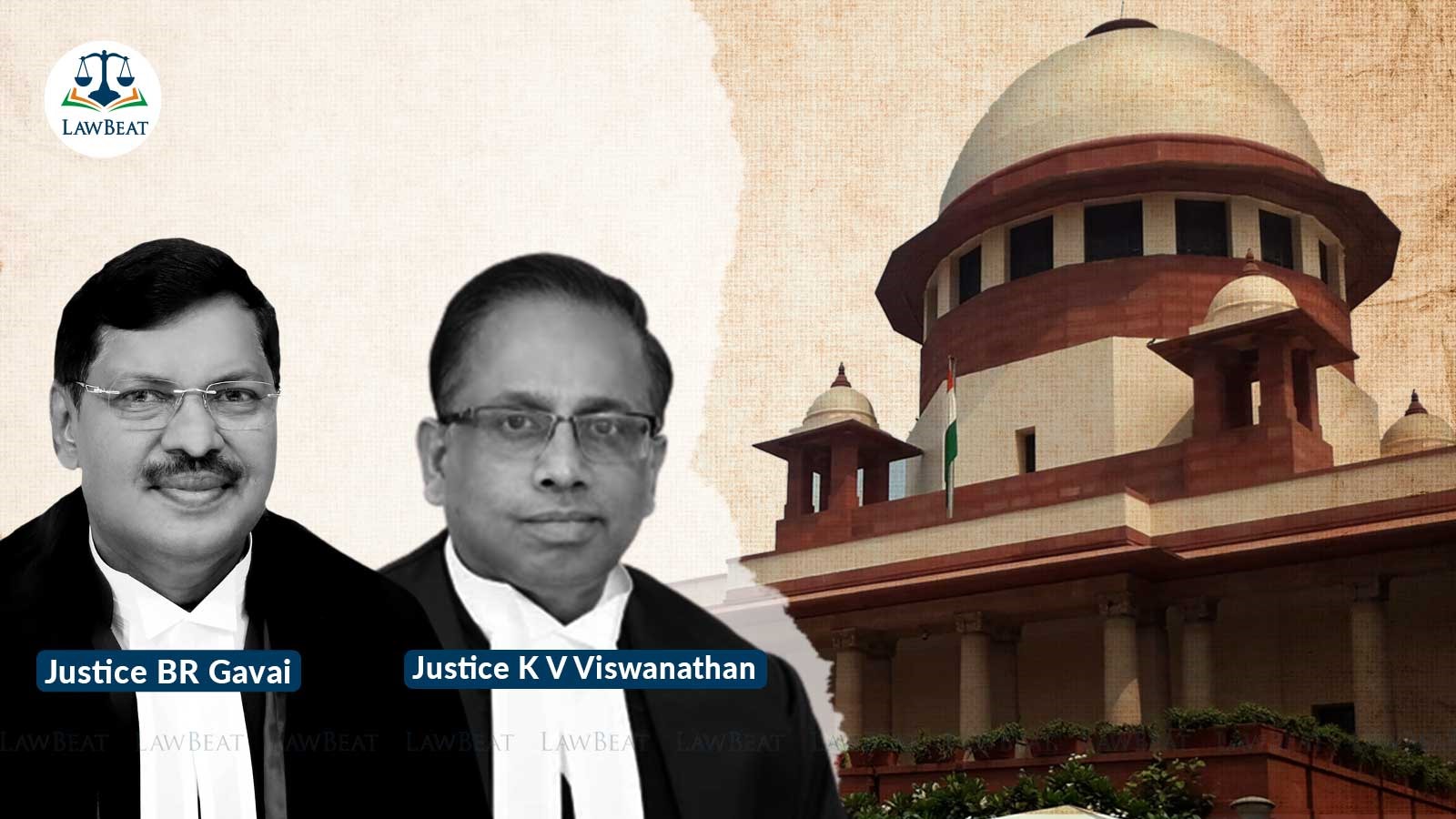Witnesses' testimony can't be discarded for merely being victim's relative: SC

Top court found that perusal of all the five witnesses would reveal that though they have been thoroughly cross-examined, their evidence in examination in-chief has remained unshaken
The Supreme Court has said merely because the witnesses are relatives, cannot be a ground to discard the testimony of such witnesses, though the only requirement is that their testimonies have to be scrutinised with greater caution and circumspection.
A bench of Justices B R Gavai and K V Vishwanathan rejected appellant Hare Ram Yadav's contention that he could not be held guilty in the case related to death of a woman, relying upon testimony of all the witnesses who are relative of the victim.
It converted the conviction from murder to culpable homicide not amounting to murder, finding that the appellant inflicted a single blow upon the victim without any premeditation following a provocation.
"Though, counsel for the appellant has strenuously argued that all the five witnesses are relatives of the deceased and therefore, their testimonies should be discarded, we are unable to accept the said contention. Merely because the witnesses are relatives, cannot be a ground to discard the testimony of such witnesses. The only requirement is that the testimonies of such witnesses have to be scrutinized with greater caution and circumspection," the bench said.
Court found that perusal of all the five witnesses would reveal that though they have been thoroughly cross-examined, their evidence in examination in-chief has remained unshaken.
The bench thus found that the trial judge as well as the High Court have rightly held that it is the appellant who has caused the death of the deceased after a quarrel over taking a brick out of the pile of bricks kept in front of his house.
The court noted the evidence would therefore, reveal that there was no premeditation. The incident occurred on account of a quarrel that erupted between the deceased and the appellant on a trivial issue.
"The appellant appears to have lost his control and assaulted the deceased with the knife," the bench said.
"We find that the incident has occurred on account of a grave and sudden fight in the heat of anger due to the provocation by the deceased. A perusal of the evidence would also reveal that it is a case of a single injury. There is no evidence to show that the appellant has acted in a cruel manner or has taken undue advantage of the situation," the bench said.
The court thus granted the appellant benefit of exception under Section 300 of the IPC and partly allowed his appeal by converting his conviction from Section 302 of the IPC to Part-I of Section 304 of the IPC.
It further noted the appellant has already suffered incarceration of about nine years and ten months with remission.
"We therefore, find that the sentence already undergone by him would subserve the ends of justice. The appellant is therefore, sentenced to the period already undergone," the bench said, ordering his release, if not required in any other case, within a period of two weeks.
